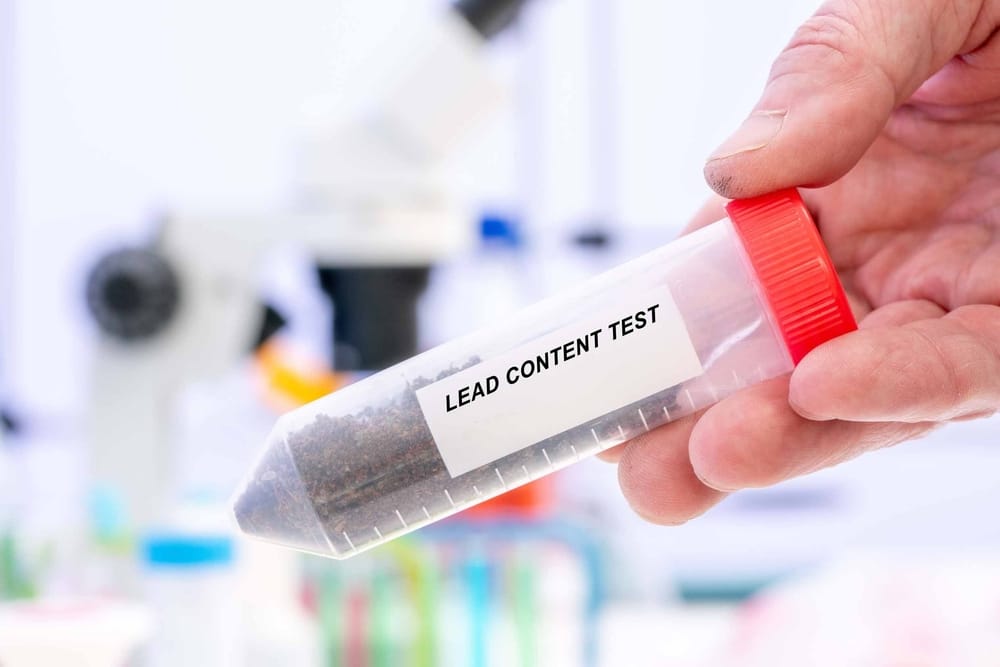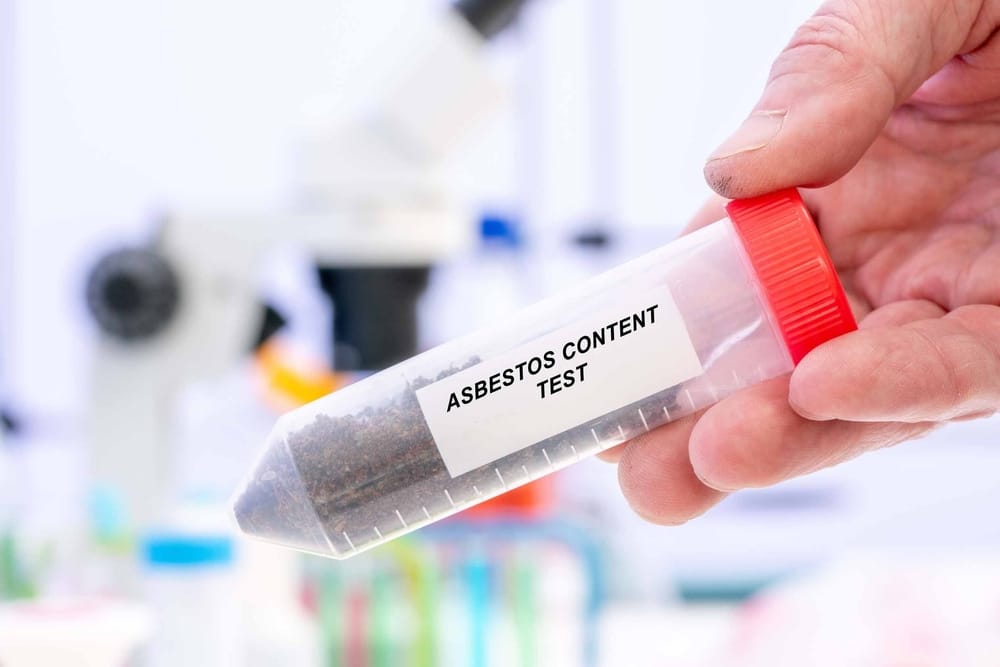If you’re considering buying a home, there are several important steps you’ll want to keep in mind to ensure everything goes smoothly from a financial standpoint. One vital such step is the home inspection, which can save you thousands of dollars and a huge amount of hassle.
At Aerolite Consulting, we provide home inspections throughout Utah that serve as a comprehensive, objective look at any home you’re considering purchasing. We also offer additional services like meth, radon and asbestos testing if you require these as well. Let’s go over exactly what our inspectors do, a few myths to clear up about them, and what their reports will look like once they’re finished.
Home Inspector Duties
A home inspector will take multiple hours, in most cases, to walk through the entire home you’re considering purchasing. They will focus on the physical structure, as well as the mechanical and electrical systems included in the home. Important areas they’ll look at include the ceilings, walls, floors, roof, windows and all doors in the home.
They’ll also move through various appliances to ensure they work correctly. A primary area here is the HVAC system – they’ll check all ducts, vents and power units to ensure energy efficiency is within the required range. They’ll also look at plumbing and electrical systems, plus examine the attic and basement if they’re present.
Through all this, your inspector will be taking detailed notes and pictures. These forms of documentation will form an objective opinion about the home’s condition.
Home Inspector Misconceptions
There are a few mistaken impressions out there about exactly what home inspectors do and don’t do. Here are some areas to be clear on:
- Only what’s seen: Home inspectors are expected to be detailed, but not to see things beyond the naked eye. Things like pests, asbestos, mold or other hazards are tested for in separate services – as we noted above, we’re happy to help with many of these as well.
- Building codes: Inspectors might play a role in determining whether a building is up to code, but this is generally left for contractors.
- Good deal: A home inspector is here to tell you whether the home has any issues – not to tell you whether you’re getting a good or bad deal on your sale price.
- Child safety: While your inspector may give thoughts on children and safety considerations, they are not required to do so.
- Pass/fail: Home inspections are not a pass-or-fail exam, but rather a chance to learn more about a property before you purchase it – and to potentially amend the purchase agreement based on what you learn.
Inspection Report
Once finished, your inspector will give you a detailed, extensive report. It will contain a summary of their findings, plus important notes and photos. It will take the time to estimate the remaining lifespan of important systems or equipment, including recommended repairs and replacements.
For more on what a home inspector does and how they can help you, or for information on any of our home inspection or testing services, speak to the pros at Aerolite Consulting today.





